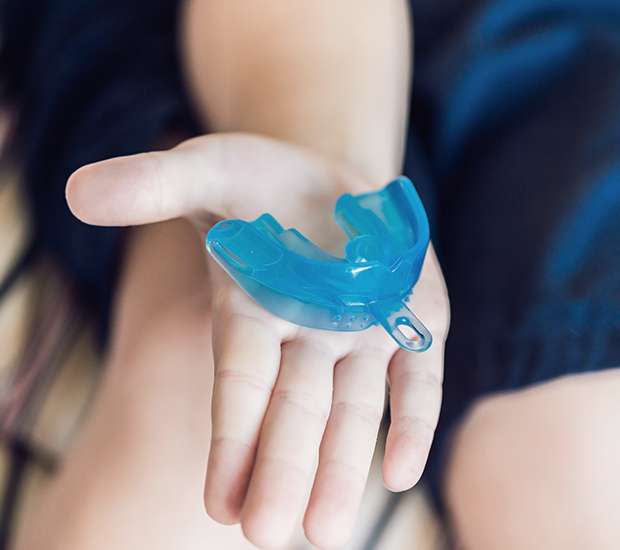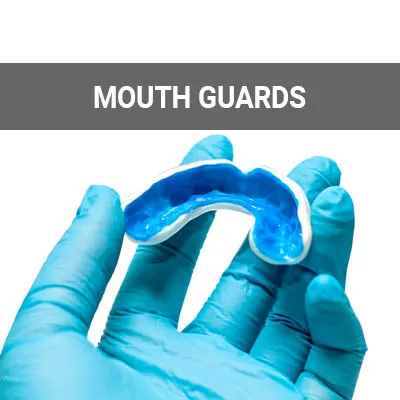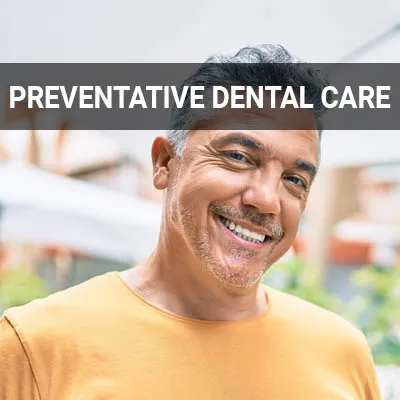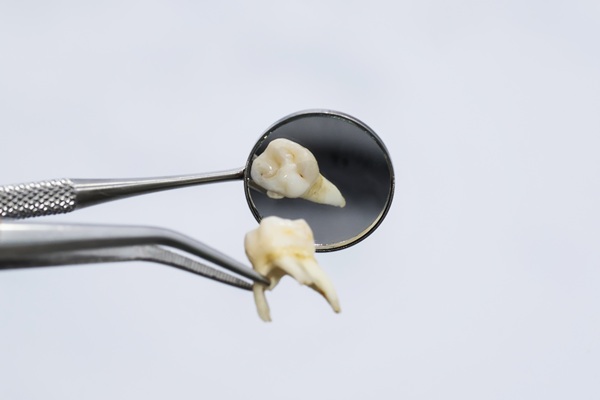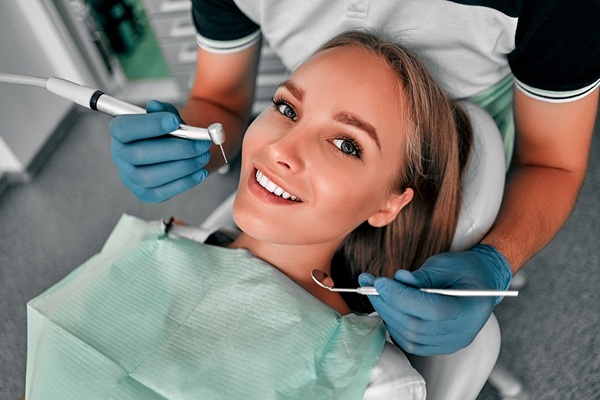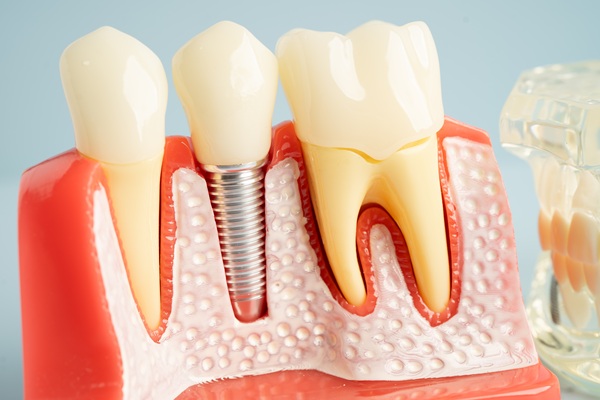Night Guards Brooklyn, NY
Night guards prevent your teeth from clenching and grinding in your sleep. This condition is known as sleep bruxism, and it affects millions of people every day. It can also help protect against temporomandibular joint disorders. Night guards can help prevent irreversible tooth damage.
Night guards are available at Nostrand Dental in Brooklyn and the surrounding area. Protect your teeth even in your sleep. Call us today at (718) 513-9685 to schedule an appointment or learn more about our services.
Mouth Guards vs. Night Guards
Many patients wonder about the difference between mouth guards and night guards. These devices indeed serve a similar purpose. Mouthguards protect teeth during physical activities like football or boxing. Dentists often recommend mouthguards to athletes and active adults.
Night guards protect against bruxism, or grinding and clenching the teeth during sleep. Nighttime teeth grinding can cause severe dental damage. Over time, grinding one's teeth can destroy the enamel and trigger gum erosion. Without treatment, the damage can progress, and some patients may need dental surgery. Night guards can help protect bruxism patients from permanent dental damage.
How Often to Wear Your Night Guard
It is vital to wear a night guard consistently to protect against tooth damage. Wearing a night guard on an irregular schedule offers minimal protection. Most patients can expect to wear their devices every night.
Night Guards and Braces
Even patients with braces can still benefit from a night guard. Modern night guards fit over braces and other dental appliances. Our team creates a custom-fitted night guard that works alongside any other dental treatments.
“Night guards can help protect bruxism patients from permanent dental damage.”
Conditions Treated by Night Guards
Bruxism
Bruxism is a common condition that causes the patient to unconsciously clench or grind their teeth. It often occurs during the night when the patient is asleep. Thus, it is not uncommon for patients to be unaware they have the condition at all.
According to the National Sleep Foundation, 8% of adults and between 14% to 20% of children under age 11 suffer from sleep bruxism. If left untreated, bruxism can lead to severe dental issues. Night guards provide extra cushioning to prevent any chips in the teeth and protect the enamel of the teeth from the effects of jaw clenching.
Sleep Apnea
Sleep apnea is a potentially serious sleep disorder that causes the patient's breathing to periodically stop and start during their sleep. There are three main types of sleep apnea: obstructive sleep apnea, central sleep apnea, and complex sleep apnea syndrome.
Obstructive sleep apnea can occur due to misplacement of the tongue and jaw blocking the airway. Night guards can help realign the jaw, thus preventing certain sleep apnea symptoms and any potentially severe complications.
Temporomandibular Joint Disorders (TMJD)
The temporomandibular joint (TMJ) connects the lower jaw to the skull. It exists on either side of the head in front of the ears, and it enables the jaw to open and close. Disorders of the TMJ joint may cause facial pain, difficulty moving the joint, and tenderness at the joint.
Night guards can help the jaw muscles sit more naturally while sleeping, thus reducing any excess strain. This may help reduce any painful symptoms of TMJ disorder. There are several different types of night guards for TMJ, including stabilization or flat plane splints, modified Hawley splints, nociceptive trigeminal inhibition tension suppression systems (NTI-tss), and repositioning splints.
“Night guards provide extra cushioning to prevent any chips and protect the enamel of the teeth from the effects of jaw clenching.”
Benefits of Night Guards
Night guards prevent the upper and lower teeth from coming into contact with each other, thus ensuring that no unnecessary tooth damage can take place. As such, patients no longer have to worry about contributing to enamel erosion or gum recession in their sleep — the former of which leads to permanent damage.
Night guards also reduce jaw tension, pain, and headaches. Jaw joints that are incorrectly aligned can lead to temporomandibular joint disorders, also known as TMJ disorder. Night guards help the jaw relax and guide the joint into place. Headaches and pain are also side effects of clenching the jaw and grinding the teeth.
“Night guards help the jaw relax and guide the joint into place.”
Check out what others are saying about our dental services on Yelp: Night Guards in Brooklyn, NY
Choosing a Night Guard
Night guards are available over-the-counter. While these options can be cost-effective, they may not deliver results. Premade night guards don't always fit properly, and they can be uncomfortable. Over-the-counter night guards are also less durable.
Custom-fitted night guards are built to last, and they adapt to the patient's unique needs. Custom night guards can even adapt to braces or other dental appliances. These devices work alongside existing dental or orthodontic treatments.
Modern night guards are made from translucent acrylic, and they are designed to be discreet. There is no need to be self-conscious about a clunky or unattractive appliance. Patients can choose the material for their devices. Our team creates each custom night guard to each patient's specifications.
“Custom-fitted night guards are built to last, and they adapt to the patient’s unique needs.”
Questions Answered on This Page
Q. Why should I choose a custom-fitted night guard?
Q. What conditions can night guards treat?
Q. What are the benefits of night guards?
Q. How can I care for my mouth guard?
People Also Ask
Q. Who is a good candidate for a mouth guard?
Q. What are some differences between dental providers?
Q. How are custom-made mouth guards made?
Q. What lifestyle choices help promote good oral health?
Caring for a Night Guard
Night guards are an integral part of one's oral health regimen. They require the proper care and respect to last as long as possible. Neglecting night guards can cause bacteria to multiply, causing bad breath or infection. As such, proper care is necessary.
Fortunately, cleaning one's night guard is quick and easy. Patients have many options — toothpaste, soap and water, mouthwash, baking soda, and hydrogen peroxide and vinegar are all sufficient ways of cleaning a night guard. It is also important to soak the night guard whenever it is not in use during the day.
“Neglecting night guards can cause bacteria to multiply, causing bad breath or infection.”
Frequently Asked Questions
Q. Do I need to wear a night guard on both the upper and lower teeth?
A. No. Many patients choose to wear a night guard only on the upper teeth. Nostrand Dental can help you determine which is the best fit for you during a one-on-one consultation.
Q. How long will my night guard last?
A. The answer varies on a case-by-case basis. Night guards can typically last anywhere from six months to a few years. Patients with minor teeth grinding can typically expect their night guards to last longer.
Q. Do I need to take impressions for both the upper and lower teeth?
A. Yes. This allows us to ensure the most comfortable fit for your night guard. To best protect your teeth, we must account for how they naturally come together.
Q. Do night guards cure bruxism?
A. No. Unfortunately, there is no known cure for bruxism. However, night guards can protect the teeth against its effects.
Q. How can I tell if I have bruxism?
A. It can be difficult to tell if you grind your teeth in your sleep, especially if you live alone. However, there are some telltale signs. These include waking up with headaches, dull tension headaches, chipped or loose teeth, increased tooth pain and sensitivity, and more. If you find yourself experiencing any of these symptoms, let your dentist know immediately.
Dental Terminology
Call Us Today
Millions of Americans struggle with tooth grinding and clenching. These problems can lead to jaw pain, tooth misalignment, and restless slumber. A customized night guard protects your teeth and helps you enjoy a restful night's sleep.
Do not let conditions like bruxism destroy your oral health. Let Nostrand Dental in Brooklyn help you choose a night guard. Call us at 718-513-9685 to schedule an appointment.
Helpful Related Links
- American Dental Association (ADA). Glossary of Dental Clinical Terms. 2024
- American Academy of Cosmetic Dentistry® (AACD). Home Page. 2024
- WebMD. WebMD’s Oral Care Guide. 2024
About our business, license, and website security
- Nostrand Dental was established in 1998.
- We accept the following payment methods: Cash, CareCredit, Check, Discover, MasterCard, and Visa
- We serve patients from the following counties: Kings County, New York County, Richmond County, Queens County, and Nassau County
- We serve patients from the following cities: Brooklyn, Manhattan, Queens, Staten Island, and Long Island
- NY (License #46702). View License Information and Specifics
- National Provider Identifier Database (1457434540). View NPI Registry Information
- Norton Safe Web. View Details
- Trend Micro Site Safety Center. View Details
Back to top of Night Guards
